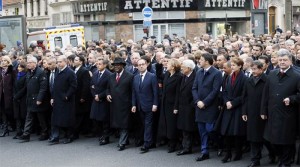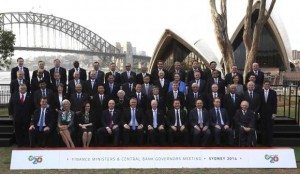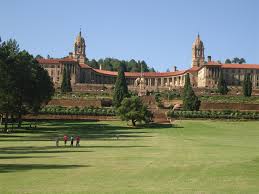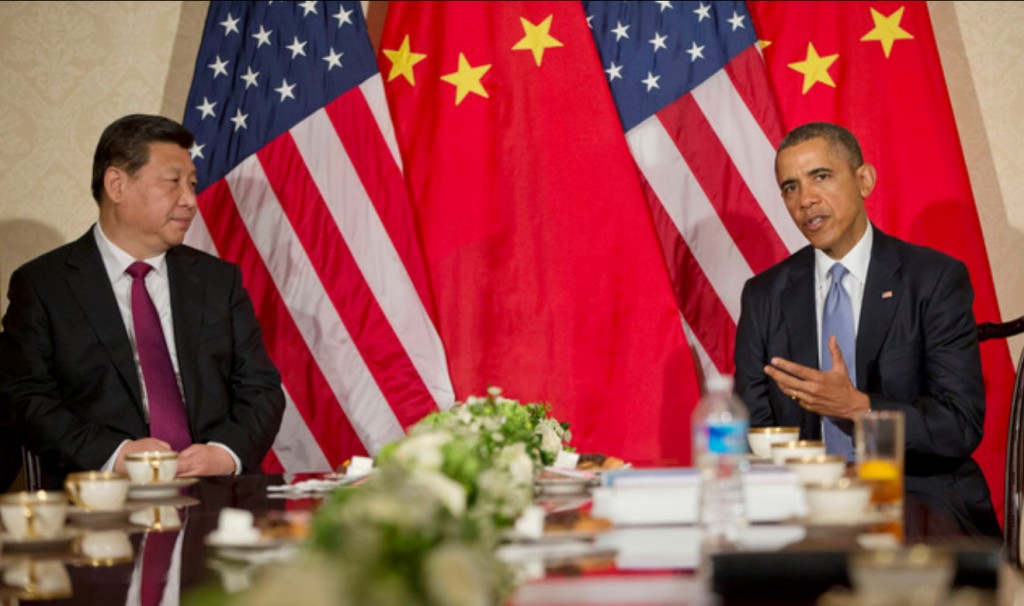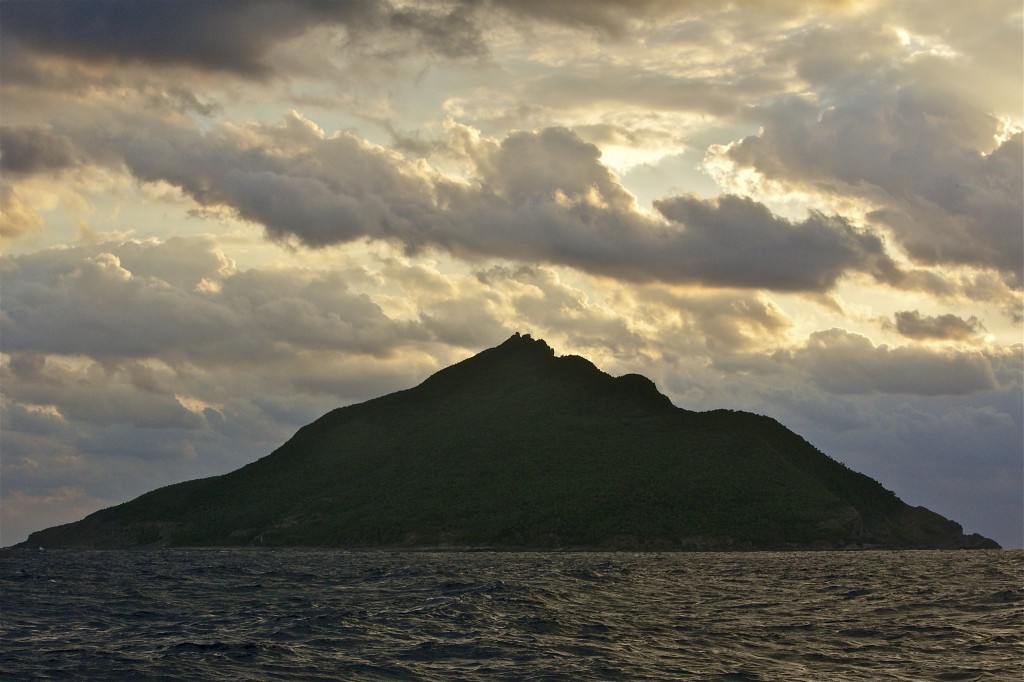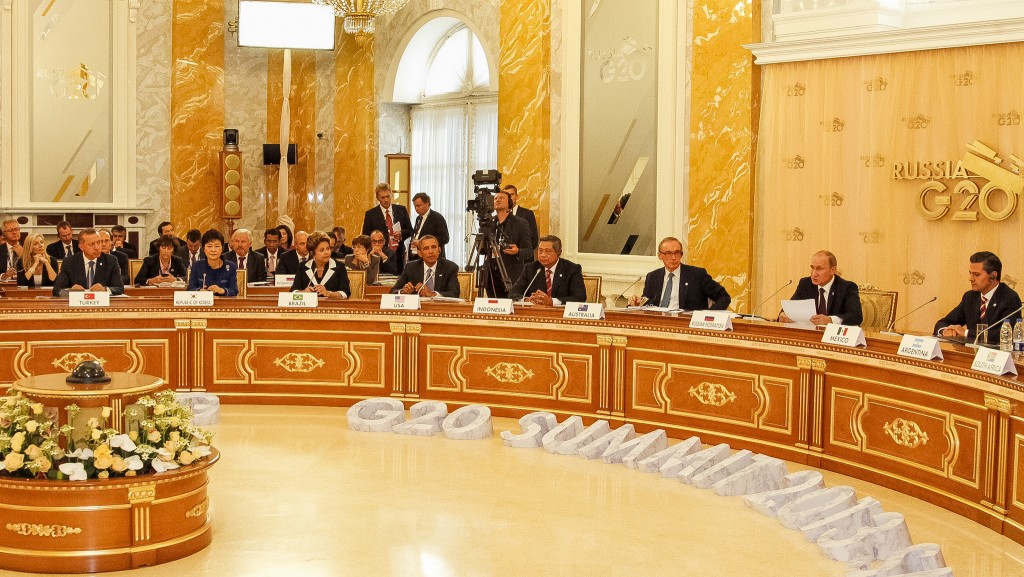So it’s time to rejoin the blogosphere!
I apologize to all of you who might have looked to Rising BRICSAM for news and views on the BRICS and the other Influentials in the global order. It was an extended absence, I know, but it was not time ill-spent.
Over the last months we completed the chapter on ‘concert diplomacy’ for the volume the Next Great War? The Roots of World I and the Risks of US-China Conflict – a work edited by Richard Rosecrance and Steve Miller from the Belfer Center at Harvard. And then there was the paper for the ISA in New Orleans entitled, “The Challenges to Contemporary Global Order” that can be found at my ResearchGate site. But the most critical work has been the effort by myself and many others from the Global Summitry Project at the Munk School, The Rotman School of Management and especially from Oxford University Press to get the lights on for the new OUP journal, Global Summitry: Politics, Economics and Law in International Governance. Hopefully the lights will be fully lit by the end of this month. This latter project is a ‘real labor of love’. Working with Don Brean of the Rotman School of Management at the University of Toronto, we hope


